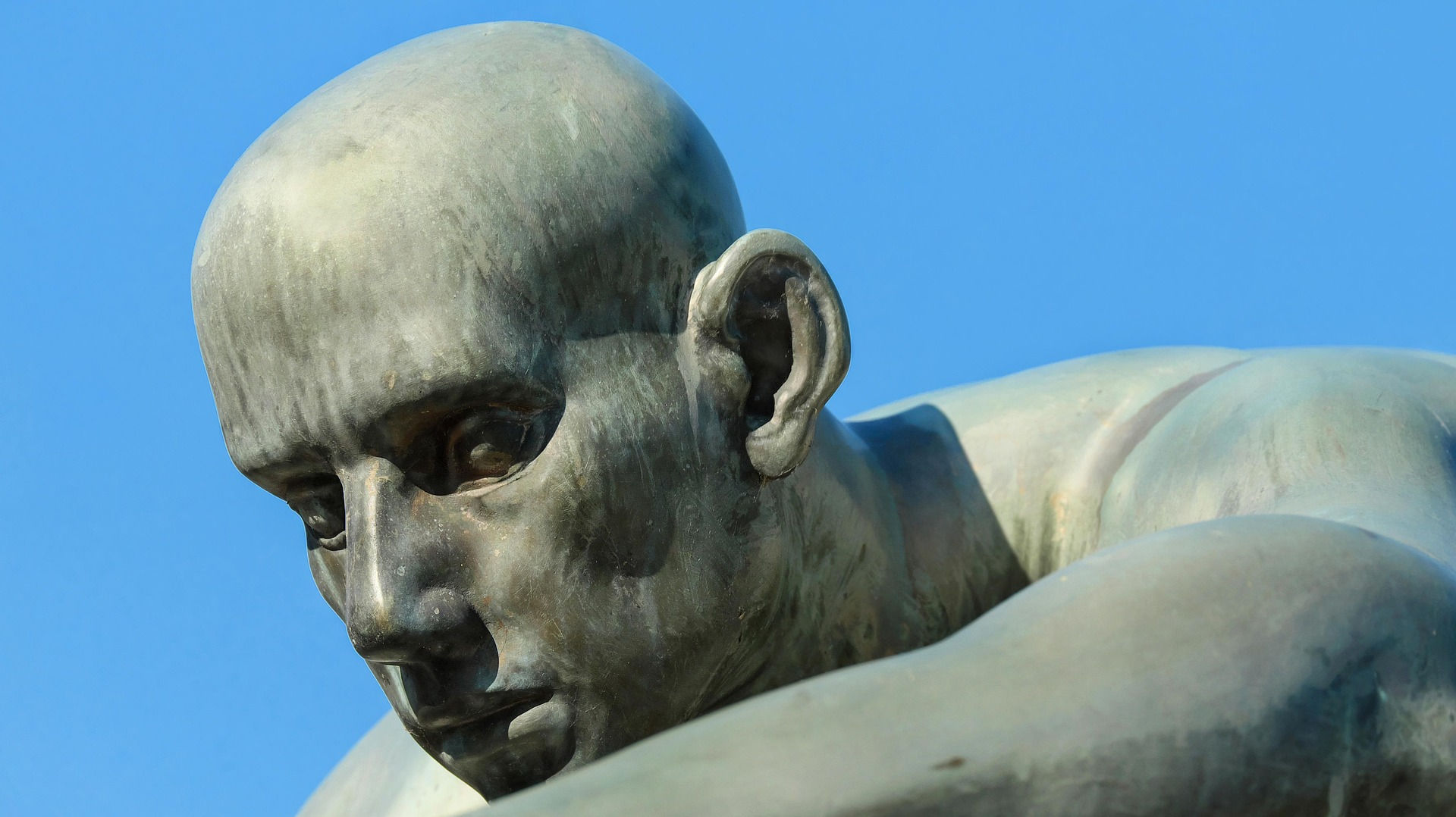Alopecia
Alopecia, or hair loss, can feel overwhelming, especially when it affects your confidence and self-image. For many, it begins with small, bald patches on the scalp, but it can progress to more widespread hair loss throughout the body.
There are different types of alopecia. The most common is alopecia areata, an autoimmune disorder where the body mistakenly attacks its own hair follicles. Other types include androgenetic alopecia (genetic hair thinning in men and women) and telogen effluvium (temporary hair shedding due to stress or illness).
While hair loss can be temporary or permanent, early treatment and lifestyle changes can often slow the process and promote regrowth. In addition to prescription medications, many people turn to natural remedies and lifestyle strategies for support.
Common Causes of Alopecia
- Genetics – A family history of baldness can increase your risk.
- Autoimmune conditions – For example, alopecia areata, your immune system targets the hair follicles.
- Hormonal imbalances – Thyroid disorders or hormonal shifts (e.g., after childbirth) can trigger hair loss.
- Nutritional deficiencies – Low levels of iron, zinc, biotin, and protein can impact hair health.
- Stress – Physical or emotional stress may push hair into a resting phase, leading to shedding.
- Medications – Chemotherapy, antidepressants, and blood thinners can contribute to hair loss.
- Scalp conditions – Fungal infections or severe dandruff can affect the hair follicles.
When to See a Doctor
See a dermatologist or healthcare provider if:
- You lose hair suddenly or in large patches.
- You notice itching, redness, or inflammation on the scalp.
- Your eyebrows, eyelashes, or body hair are also thinning.
- You may also experience other autoimmune symptoms, such as joint pain or fatigue.
A professional can help determine the cause and recommend treatment options.
OTC Treatments for Hair Loss
- Minoxidil (Rogaine) – Available in foam or liquid, minoxidil stimulates hair growth and can slow balding. It's FDA-approved for men and women.
- Biotin Supplements – Biotin (vitamin B7) is often used to strengthen hair and nails. It's especially helpful if you're deficient.
- DHT-blocking shampoos – Some shampoos contain ingredients like ketoconazole or saw palmetto that may reduce hormone-related hair loss.
Lifestyle Tips to Support Hair Health
- Lower your stress – Chronic stress can disrupt your hair cycle. Try yoga, meditation, or daily walks.
- Avoid tight hairstyles – Ponytails, buns, and braids can cause traction alopecia if worn tightly or frequently.
- Use gentle hair products – Avoid harsh sulfates, alcohol-based products, and excessive heat styling.
- Scalp massage – Massaging the scalp for 5–10 minutes daily may help stimulate blood flow and encourage hair growth.
Help for Sudden Hair Loss
If you notice sudden clumps of hair falling out or bald patches appearing overnight:
- Don't panic – Sudden hair loss can be a symptom of stress or illness and may be reversible.
- Avoid further damage – Stop chemical treatments and tight styles immediately.
- Start a hair diary – Track symptoms, diet, stress levels, and treatments to identify patterns.
- Schedule a doctor’s appointment – Early intervention makes a big difference.
Natural Remedies for Alopecia
Alopecia can be distressing, but there are many options available to manage or improve the condition. Whether you try essential oils, improve your nutrition, or use OTC treatments like minoxidil, the key is consistency and patience. In cases of severe or spreading hair loss, always consult a healthcare provider to rule out underlying issues and get appropriate care.
Chinese Red Dates and Honey Tonic
This traditional remedy combines Chinese red dates (also known as jujube), honey, and a splash of apple cider vinegar. It's thought to boost circulation, nourish the scalp, and support hair follicle function. Drink a warm cup of this tonic daily for a few weeks and track your progress.
Essential Oils
Some essential oils have shown promise in promoting hair regrowth:
- Rosemary oil – Improves blood circulation and may stimulate follicles.
- Peppermint oil – Cools the scalp and improves blood flow.
- Lavender oil – Known for its calming properties and scalp health.
Mix a few drops with a carrier oil, such as coconut or jojoba, and massage into your scalp a few times a week.
Iodine-Rich Foods
If you have a thyroid imbalance, an iodine deficiency may be contributing to hair loss. Include iodine-rich foods such as seaweed, iodized salt, eggs, dairy products, and fish in your diet to ensure adequate iodine intake. However, talk to your doctor before taking iodine supplements, especially if you have thyroid issues.
Vitamins and Minerals
- Vitamin C – Supports collagen production and helps absorb iron.
- Vitamin E – Improves scalp circulation and may help hair growth.
- Iron and Zinc – Deficiencies in these minerals are linked to thinning hair.
- Omega-3 fatty acids – Found in flaxseed, walnuts, and fatty fish, omega-3s help nourish the scalp and reduce inflammation.
Onion Juice
Although a bit smelly, onion juice has been studied for alopecia areata and has shown positive results in regenerating hair growth. Blend and strain a small onion, then apply the juice to the scalp. Leave it for 15–30 minutes, and finally, wash with a gentle shampoo. Use 2–3 times per week.
Aloe Vera Gel
Aloe soothes inflammation, hydrates the scalp, and helps maintain a healthy pH balance. Massage pure aloe vera gel into the scalp and let it sit for 30 minutes before rinsing. Repeat 2-3 times weekly.


